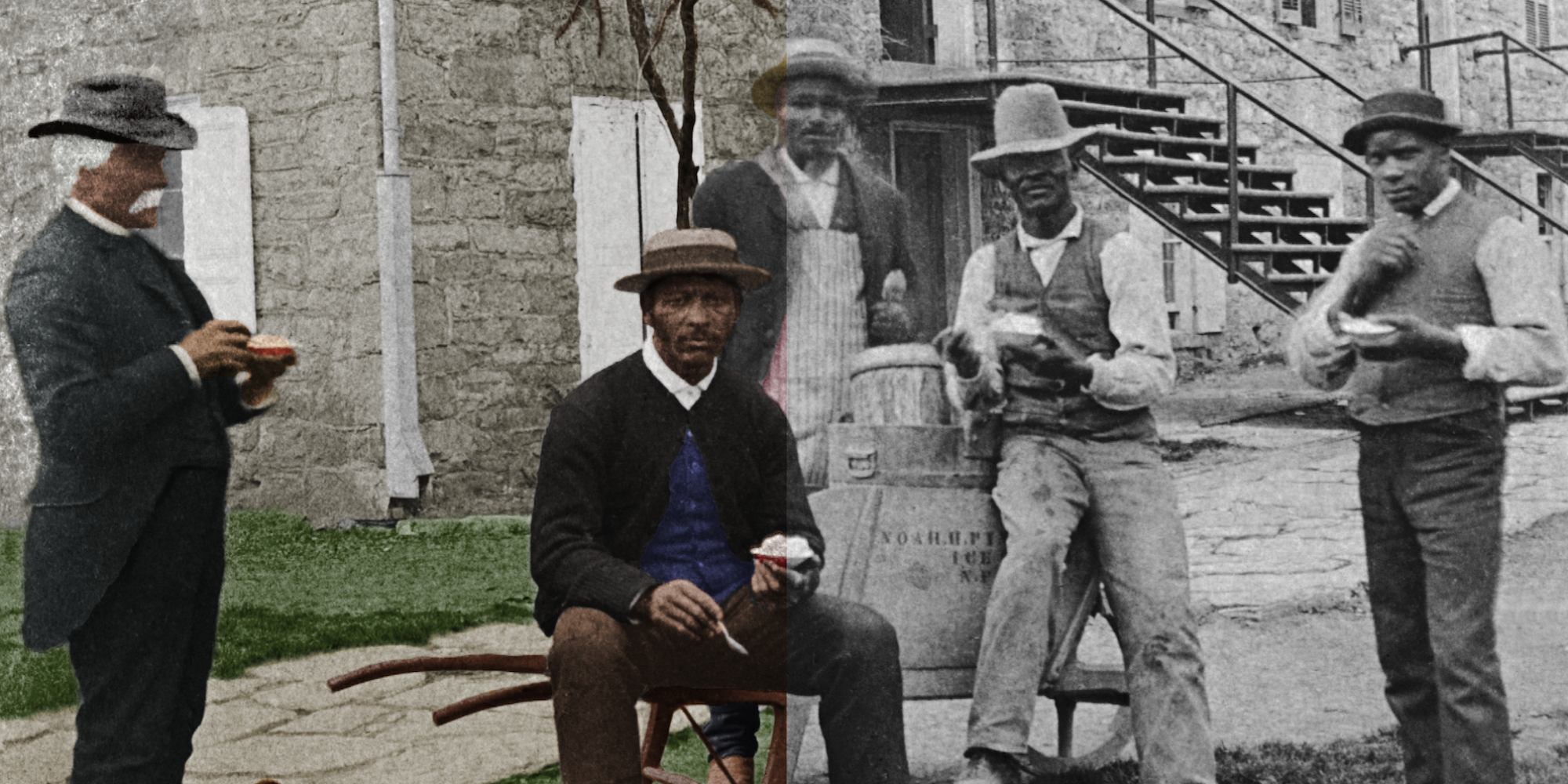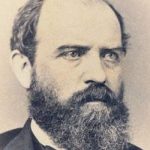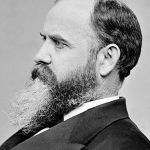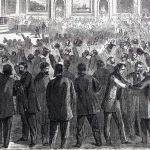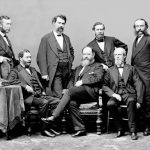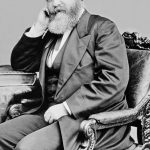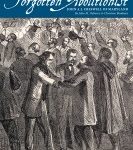 There is no building or other monument to John Creswell, an important anti-slavery politician from Maryland, but in recent years, he has become the subject of some special attention from historians and librarians on campus. In 2015, for example, the House Divided Project launched an e-book series around Creswell’s story, labeling him as a “Forgotten Abolitionist.”
There is no building or other monument to John Creswell, an important anti-slavery politician from Maryland, but in recent years, he has become the subject of some special attention from historians and librarians on campus. In 2015, for example, the House Divided Project launched an e-book series around Creswell’s story, labeling him as a “Forgotten Abolitionist.”
BRIEF PROFILE
John Creswell entered the Civil War with no discernible antislavery history at all. He was a son of the slaveholding South, a native of Maryland who had been a Democrat and conservative businessman before the war. Creswell did not speak out against the peculiar institution until deep into the secession conflict and under the pressure of wartime necessity. Yet he became one of the most pivotal abolitionists in the country. In 1864, Creswell helped secure passage of an antislavery constitution in Maryland, the first (and only) popular vote for abolition in any U.S. state. He also led off the final congressional debates for the Thirteenth Amendment in January 1865, with an eloquent address that showcased the changing times. Nor did Creswell stop with this newfound embrace of freedom. After the war, the Marylander also became an unlikely advocate for equality of opportunity. While serving as a Postmaster General during the Grant Administration, Creswell helped to integrate and modernize the federal post office system. He had truly become a man of the future. None of this could have been predicted when Creswell attended Dickinson College in the late 1840s.
FURTHER READING
- Dickinson College encyclopedia: John Andrew Jackson Creswell (1828-1891)
- House Divided research engine: Creswell, John Andrew Jackson
- Osborne, John and Christine Bombaro. Forgotten Abolitionist: John A.J. Creswell of Maryland. Carlisle: House Divided Project at Dickinson College, 2015 [WEB]
IMAGE GALLERY
All images courtesy of the House Divided Project at Dickinson College with original publication details available inside our research engine
PRIMARY SOURCES
- Abraham Lincoln to John A.J. Creswell, March 7, 1864 [WEB]
- Lincoln claims he is “very anxious for emancipation to be effected in Maryland”
- Abraham Lincoln to John A.J. Creswell, March 17, 1864 [WEB]
- Lincoln urges unity in emancipation fight
- Endorsement by Abraham Lincoln, March 17, 1865 [WEB]
- Previously unpublished note by Lincoln written on the reverse of a letter from Creswell just weeks before Lincoln’s death. The Lincoln autograph was discovered in part through the efforts of a Dickinson undergraduate student, Leah Miller, in 2012.
